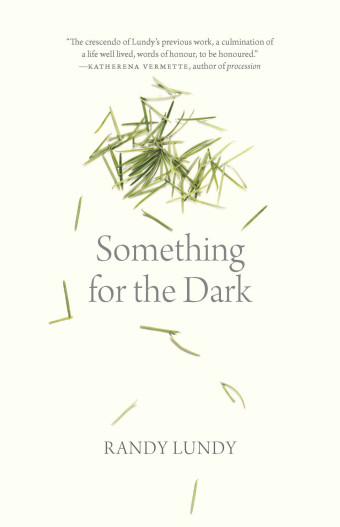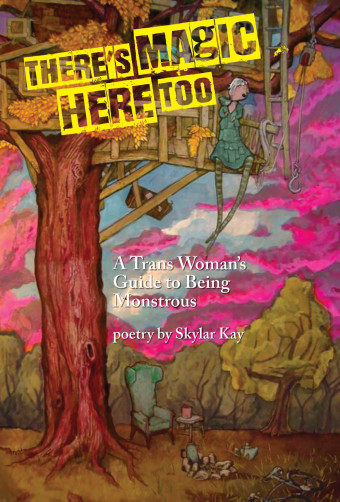David Martin’s new collection of poetry, Kink Bands, is a veritable cave of treasures. It delves into theories of the creation of the Earth and the minutiae of elements that make up geological study.

- Kink Bands
- David Martin
- NeWest Press
- $20.95 Paperback, 100 pages
- ISBN: 978-17-74390-77-1
Martin, who currently lives in Calgary, spent a lot of time in the Rocky Mountains as a child. But his interest in geology crystallized after he began learning about it from his father-in-law, who is a geologist.
“I was fascinated with the history of the science, with the language opportunities that it opened for me, and for the metaphorical resource it offered to think about all kinds of subjects, from language, to time and family life,” he says.
Martin’s previous collection, Tar Swan, was about the history and mythology of the Alberta oil sands. With these new poems, he was interested in expanding his poetic perspective to take in themes of deep time, and geologic formations and destructions, and to also consider modern geological and environmental concerns.
“In many of the poems, I’m thinking about stratigraphic layers, deposits of sediments that accrete over time, and so I liked the idea of creating layers of scientific/cultural/religious ideas about mountains and rocks that have accumulated throughout history,” he explains.
Readers can see these layers in the poems, as Martin plays with language and form to incorporate historical ideas and conventions. For example, “Thunderstones” explores European legends about stone tools, and its spelling is informed by Thomas Nashe’s The Vnfortvnate Traueller. “Bedrock of Life” splits words and arranges them to resemble DNA strands to reflect the ideas of A. G. Cairns-Smith, who posited that the splitting of clay crystals contributes to cellular reproduction and evolution.
“I was interested in texts that explored notions about the nature of the Earth, often because certain beliefs have been disproven by later researchers, and it was strange and fascinating to me to read about these ideas,” says Martin.

“For instance, Thomas Burnet wrote about how the Earth was originally a perfect sphere until liquids from within its core violently erupted and broke apart the shell of what he called the ‘Sacred Egg,’ and this served as his explanation for the existence of mountains.”
This idea appears in the opening poem, titled “Plastiglomerate,” which is a term for stone comprising sediments and other material held together by molten plastic: “This mountain’s a shredded / sin-shell / marooned after the yolk / flooded our mundane / world.”
Two poems are what Martin calls “metamorphic translations,” which take pieces of existing texts and “subject them to compression that mimics the foliation of metamorphic rocks, which have undergone exposure to extreme heat and pressure” by translating the poems into Basic English, a restricted form of English that contains only 850 words, and by removing spaces between the words.
The poem “The Canals of Mars” is tipped completely sideways, while three poems titled “Unsorted Till” spill out random lines that were eroded from previous versions of this collection in moraines across the page.
There are many gems to discover in this collection, if one digs deep enough, or, as Martin says, climbs “the beautiful and slightly terrifying” mountains high enough, to find them.













